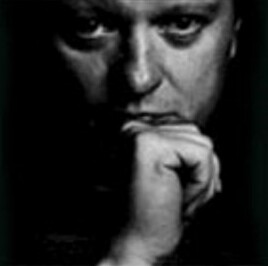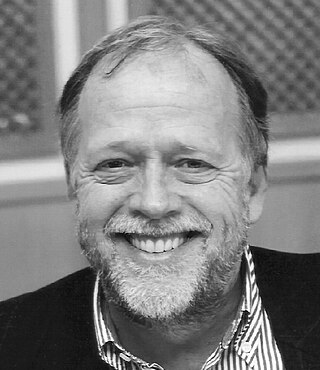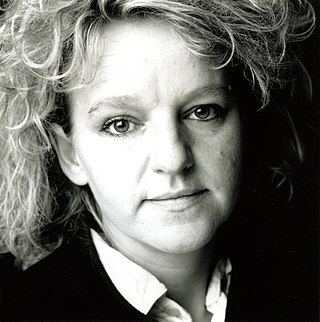
IRCAM is a French institute dedicated to the research of music and sound, especially in the fields of avant garde and electro-acoustical art music. It is situated next to, and is organisationally linked with, the Centre Pompidou in Paris. The extension of the building was designed by Renzo Piano and Richard Rogers. Much of the institute is located underground, beneath the fountain to the east of the buildings.

Philippe Manoury is a French composer.

Michael Jarrell is a Swiss composer and academic teacher, whose operas, such as Cassandre, have been performed internationally.
Joshua Fineberg is an American composer of contemporary classical music.

Tod Machover, is a composer and an innovator in the application of technology in music. He is the son of Wilma Machover, a pianist and Carl Machover, a computer scientist.

Georgia Spiropoulos is a composer. She is also an arranger, instrumentalist, and multimedia artist.
York Höller is a German composer and professor of composition at the Hochschule für Musik Köln.
Jukka Santeri Tiensuu is a Finnish contemporary classical composer, harpsichordist, pianist and conductor.

Patrick Nunn, is a British composer and educator.
Oliver Martin Schneller is a German composer and saxophonist.

Michael Obst is a German composer and pianist.
Marc-André Dalbavie is a French composer. He had his first music lessons at age 6. He attended the Conservatoire de Paris, where he studied composition with Marius Constant and orchestration with Pierre Boulez. In 1985 he joined the research department of IRCAM where he studied digital synthesis, computer assisted composition and spectral analysis. In the early 1990s he moved to Berlin. Currently he lives in the town of St. Cyprien and teaches orchestration at the Conservatoire de Paris.
Éric Morin is a Canadian composer. He has been awarded several prizes for his compositions, including the 2003 Jules Léger Prize for New Chamber Music for his D'un Château l'autre and the CBC Radio National Competition for Young Composers which he won twice. His works have been performed by several notable musical ensembles, including the Esprit Orchestra, the National Arts Centre Orchestra, the Quebec Contemporary Music Society, and the Toronto Symphony Orchestra among others. He has been commissioned to write works by the Canada Council for the Arts and the Conseil des arts et des lettres du Québec.
Xu Yi is a Chinese-born French composer and music educator in France.

Fausto Romitelli was an Italian composer.
Mark Andre is a French composer living in Germany. He was known as "Marc André", his birth name, until 2007, when he formally revised the spelling. He lives in Berlin. Andre's compositions durch (2006), ...auf... III (2007), and Wunderzaichen (2014) received multiple votes in a 2017 Classic Voice poll of the greatest works of art music since 2000.
Nicolas Vérin is a French composer and professor of music. His many influences, from jazz to electronics, from American to French music, give him an unusual style, apart from the main trends of French contemporary music, combining energy and subtleness.

Nicolas Panagopoulos is a Greek composer of contemporary music. Born in Athens in 1954, he studied piano and music theory at the National Conservatory of Athens. He continued his studies with a scholarship from the French government at the National Superior Conservatory of Paris for Music and Dance (CNSMDP).

Florence Baschet is a French composer of contemporary music.

Raphaël Cendo is a French composer of contemporary classical music.










